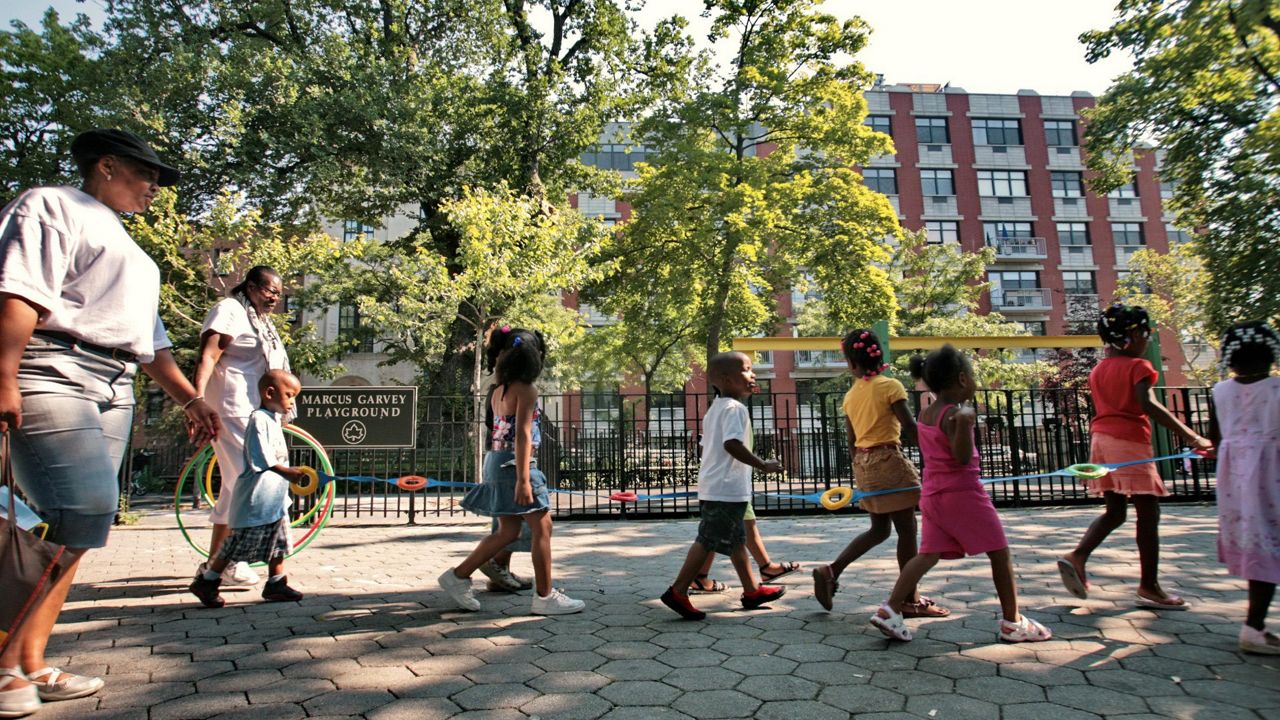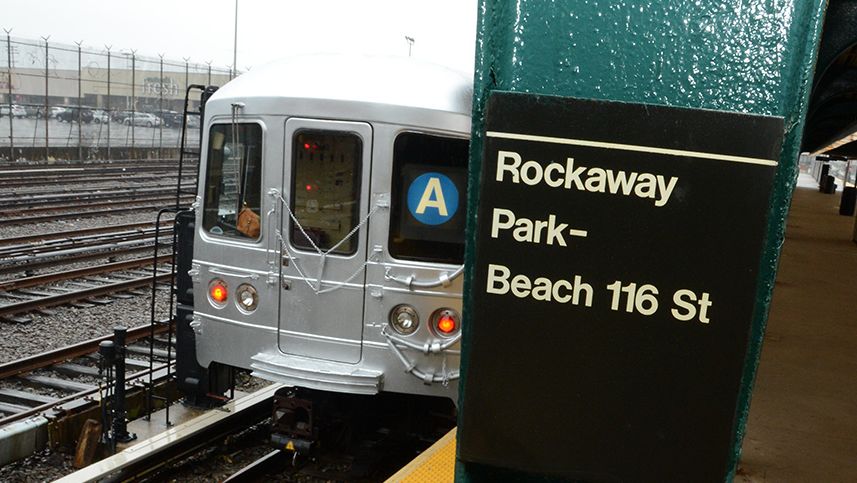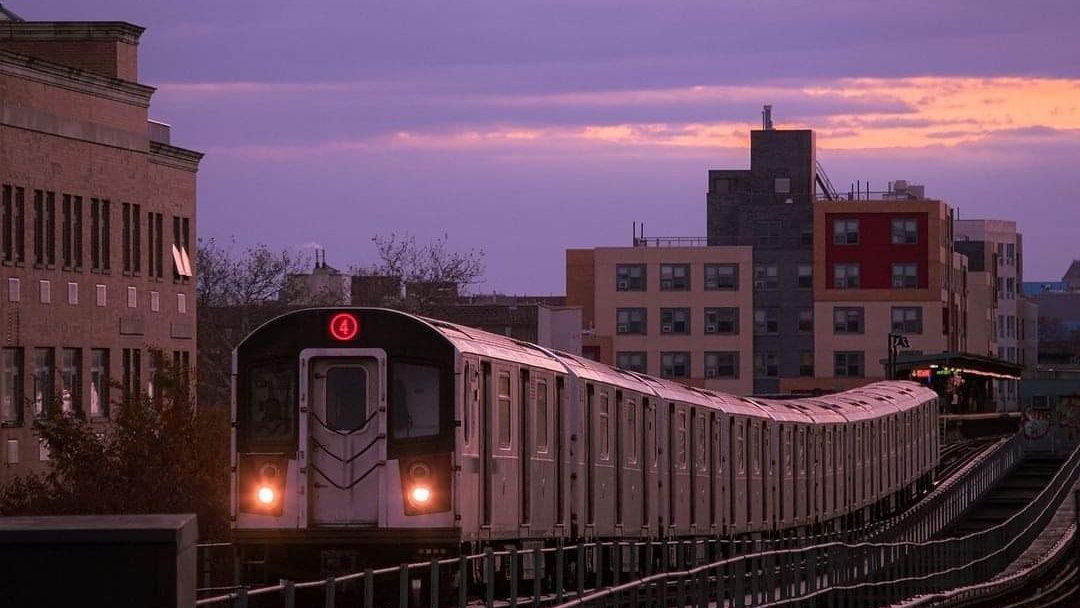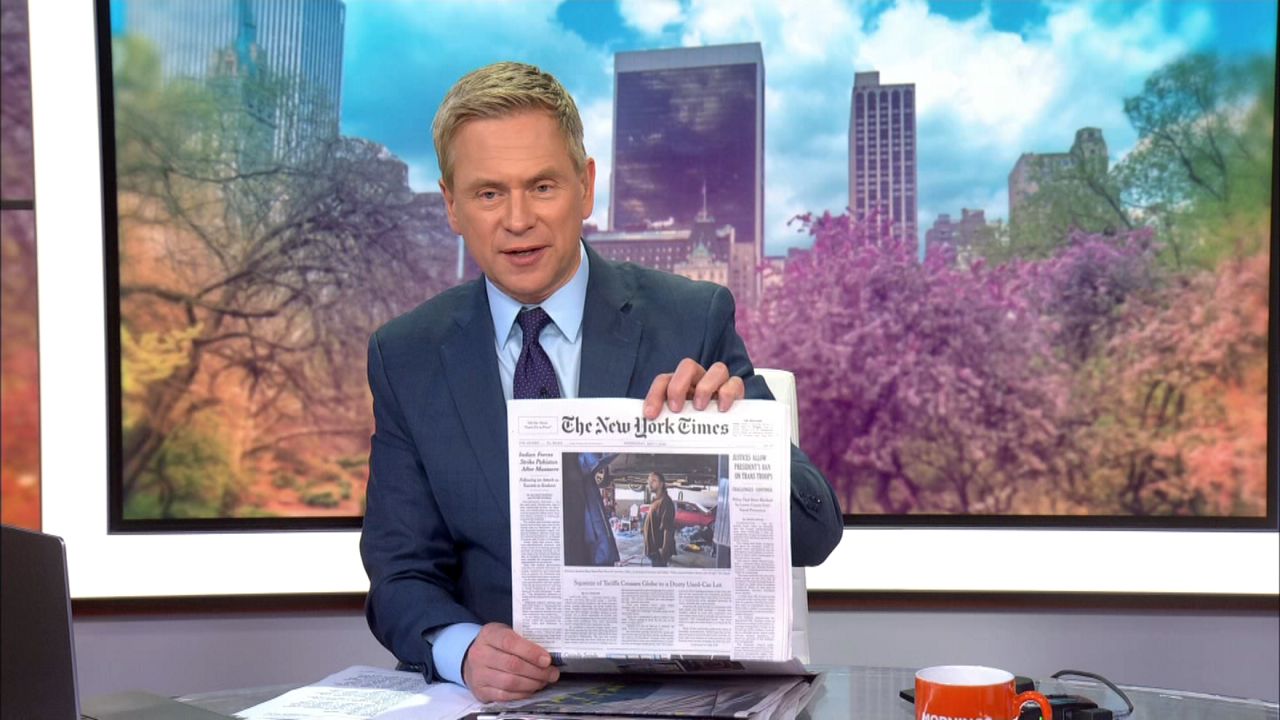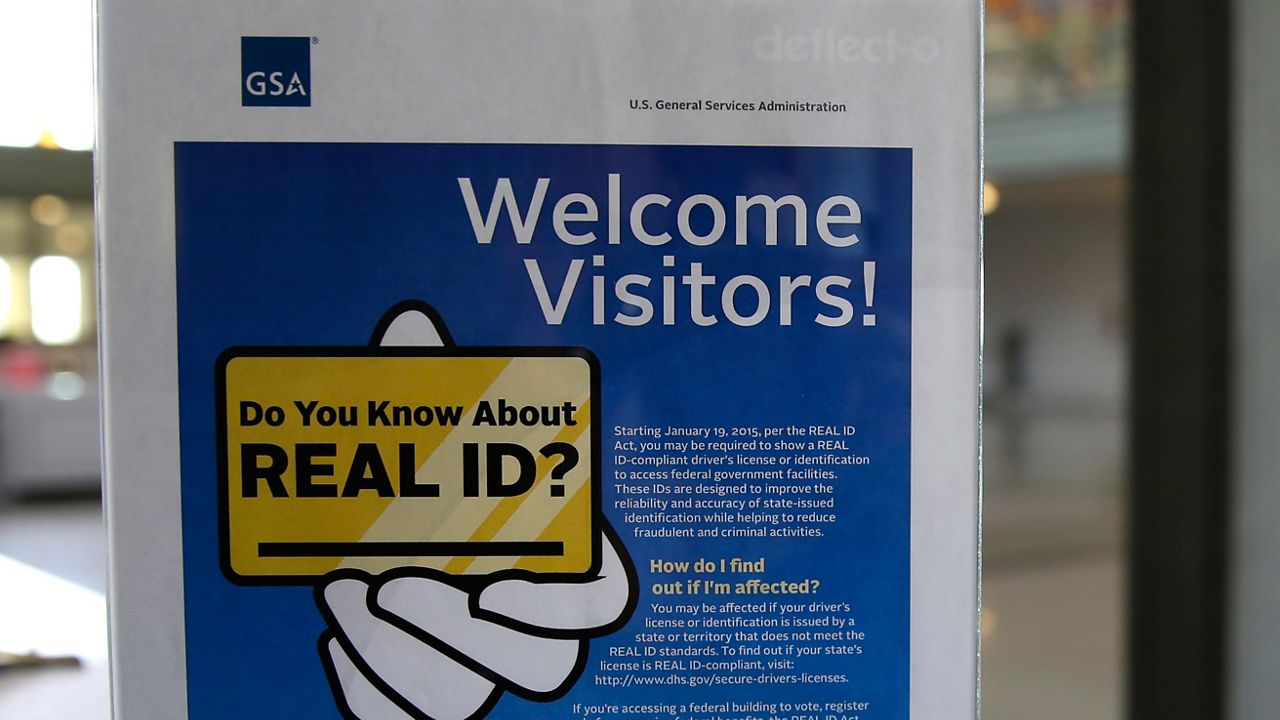Latisha McNeill said she’s been dealing with the “crisis of child care” in the city for nearly eight years.
She lives in a NYCHA building on the Upper East Side with her three children, ages 7, 4 and 2. She said she’s often had to consider whether she should leave work or pay for child care.
As a single mother, McNeill said she ended up getting a second job because of the high costs of child care services in her neighborhood.
“I got tired of choosing between food, transportation or childcare,” said McNeill, whose main job is in hospital administration.
In New York City, access to affordable child care was an issue before the pandemic, according to advocates. But for the past few years, the issue has gotten only worse as providers have struggled to remain open and families have struggled to find and pay for available services.
The City Council is now considering a package of five bills that supporters say would lead to universal child care, which would make New York City a pioneer.
One of the bills would establish a child care advisory board that would recommend to the mayor and city council speaker policies on child care for all who need it within five years.
The board’s mandate includes establishing subsidies for families up to 300% and 400% below the federal poverty level that would be funded by a combination of city, state and federal dollars.
“We have to create these subsidies that actually make child care affordable for families,” said Councilmember Julie Menin, a Democrat who represents the Upper East Side and introduced the bills.
For babies younger than 18 months, enrollment in child care programs costs on average $2,600 per month or $21,000 a year, according to a 2019 report by the city comptroller’s office.
For toddlers between 18-24 months, the cost is at least $16,000 a year, according to City Council officials.
It’s made the situation for people like McNeill, who have seen their dollars stretched tighter by inflation, untenable.
“Some of us can't buy bread, but you want us to pay $3,000 for childcare?” she said.
The bills would also create a child care directory and an online portal providing information on child care subsidies, and establish a grants fund for child care programs experiencing a significant risk of closure or displacement.
It would also create a certification program that aims to make it easier for businesses to become eligible child care facilities.
“We want to really try to expedite child care facilities, for example making sure that they are put at the top of the list so that there are no delays,” Menin said.
Three of the bills — the child care advisory board, the child care directory and online subsidies portal — are supported by a supermajority of council members.
Advocates emphasize that lack of access to child care continues to impact the economic recovery of the city as women have struggled to re-enter the job market.
In New York City, labor force participation among women decreased by 11% in the first two quarters of 2020, according to a 2022 comptroller’s office report. This was a steeper drop than women statewide and higher than the 7% of men who dropped out of the labor force.
Even though society has largely opened up since that first year of the pandemic, some mothers report difficulties returning to the workforce as affordable child care options remain limited.
Menin believes that implementing universal child care in the city would ease this burden.
“What we're trying to do is really reverse that trend,” Menin said. “We don't want people leaving the workforce because they can't access affordable and accessible childcare.”
The bills come amid efforts across the city and state to make child care easier for parents.
On Monday, Gov. Kathy Hochul announced that a $70 million state investment would open 340 new child care facilities across the state, leading to 3,000 spots in New York City, she said.
“What I think is one of the best takeaways of the pandemic — if there is one — is that we finally started seeing these unseen workers,” Hochul said at a YM & YWHA in Washington Heights.
The funds are part of the $100 million “child care desert” initiative, which was made available through the stimulus package passed through Congress last year.
She also signed legislation Monday that exempts diapers, both for adults and children, including disposable diapers, from all sales and use taxes.
“Diapers are often the largest expense for parents and caretakers across the state,” State Sen. Jamaal Bailey, D, who represents the 36th District and sponsored the bill, said in a statement Monday. “Today's investment is a huge step in the right direction and will help families in the Bronx and across New York State afford their essential childcare needs."
Also, starting Aug. 1, New York State will increase the number of families eligible for child care assistance by raising the income level from about $53,000 for a family of four to $83,250.
Last month, Mayor Eric Adams announced his plan to improve child care and early childhood education in the city. It included an $800 million investment that would prioritize 17 neighborhoods in the city targeted as “high need” to increase child care enrollment through the city’s Administration of Children Services.
Menin said she supports the initiative, which includes East Harlem — located in her district —as one of the targeted neighborhoods. But she said her package of five bills would take the work even further “because every single community across the city has child care needs.”
There is no scheduled vote yet on Menin’s package of bills.




